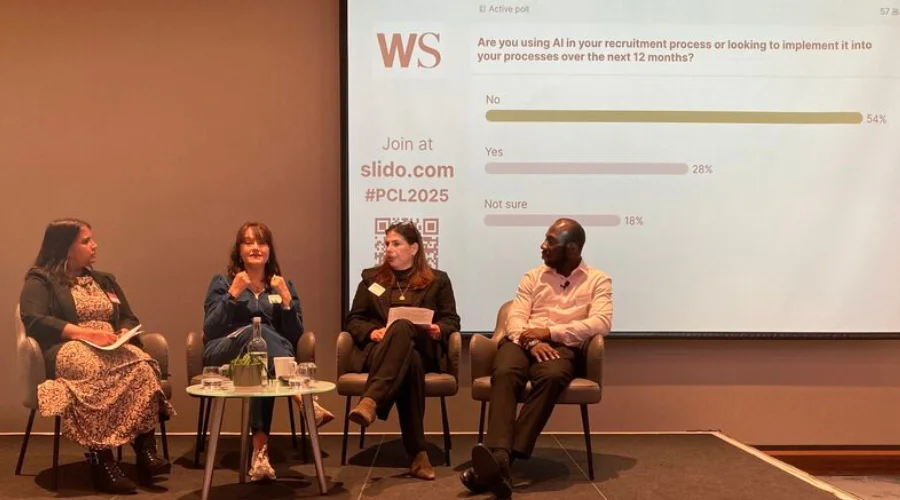
Quick CV Dropoff
Want to hear about the latest non-profit and public sector opportunities as soon as they become available? Upload your CV below and a member of our team will be in touch.

After recently attending a webinar from the Centre for Charity Effectiveness (CCE) regarding having people with lived experience on boards
I wanted to highlight some of the key findings from the various discussions and panel members. Though the conversation around diversity is one that certainly has been thoroughly discussed recently, the discussion around how to attract people with lived experience and how to ensure they flourish and stay on the board is one that has been less explored so I really welcomed the opportunity to learn more on the subject and share some of this knowledge.
It is proven that groups of people with similar experience and backgrounds tend to think in similar ways so to avoid group think and bring different perspectives, it’s important and crucial to have diversity in its broadest sense at board level. Boards often do a skills gap analysis and think of the key business areas they want represented but often overlook the need for having people with direct experience of their cause. The CCE mention that ‘’bringing in trustees with lived experience of the charity's cause can not only add insights that will fill gaps in collective understanding but, if these Trustees are enabled to voice their insights, will stimulate divergent thinking, leading to richer, more informed discussions, and thus more sophisticated, evidence based solutions.’’
One of the speakers during the webinar, Judith Davey, CEO from The Advocacy Project highlights the need to hear the voices of those with lived experience not only amongst Trustees but across the organisation, from the frontline delivery staff up to the boardroom. Having people with lived experience on your board will bring unique knowledge that other Trustees will not have, so this will bring a fresh perspective in terms of achieving your strategic aims and overcoming various challenges your organisation is going through.
Following research and knowledge exchange with a number of individuals and organisations in November 2020 as part of the CCE’s Lived Experience seminar, three main interlinked drivers were identified in terms of benefits of having people with lived experience on your board:
Make sure that all information for board meetings is accessible for everyone. For example, Judith mentioned that The Advocacy Project Board worked with NCVO to make an easy read version of The Good Trustee Guide so everyone was clear on their responsibilities and the rules to follow as a Trustee. She also suggests the following:
Judith mentioned: ‘’With enough time and the right support, absolutely everyone can contribute…Involving people with lived experience is a journey, not an ‘’end point’’. There is always more to do, but it’s absolutely worth doing as it adds so much richness to discussions, and there’s so much value in having real-life experience contributions.’’
In terms of recruiting people with lived experience, the key is to not be passive. You will need to actively reach out to those whom you want to attract, so in addition to advertising all roles, consider engaging with users, local groups, and think of where the people with the experience are that you are seeking.
Regarding the application process, consider using different formats, not only a standard CV and supporting statement, this could be verbal, such as a video or consider asking candidates to answer 4-5 questions around their suitability to replace the CV.
For inductions, give a presentation to new Trustees, introduce them to key contacts and staff members, ensure they visit the services or projects so they can see the work of the charity first hand. It is key to design the induction process so it’s quite bespoke to that person. Yes, this is time-consuming, but you will have already put a considerable amount of time into the recruitment so you will want to ensure you not only retain Trustees but that everyone can thrive and enrich the discussions with their contributions.
If you need help with how to get started, consider getting in touch with the Centre for Knowledge and Equity as well as the CCE’s new website with plenty of great resources. Remember that people with lived experience are always happy to share their knowledge and will be excited by the opportunity to contribute their knowledge, especially if this means contributing to improving the services they may have relied on previously as well as having their voices heard and raising the profile of the communities they represent.
If you would like to discuss any of the above further, please don’t hesitate to get in touch with Lisa or Matt on 020 7198 6040 or executive@tpp.co.uk.